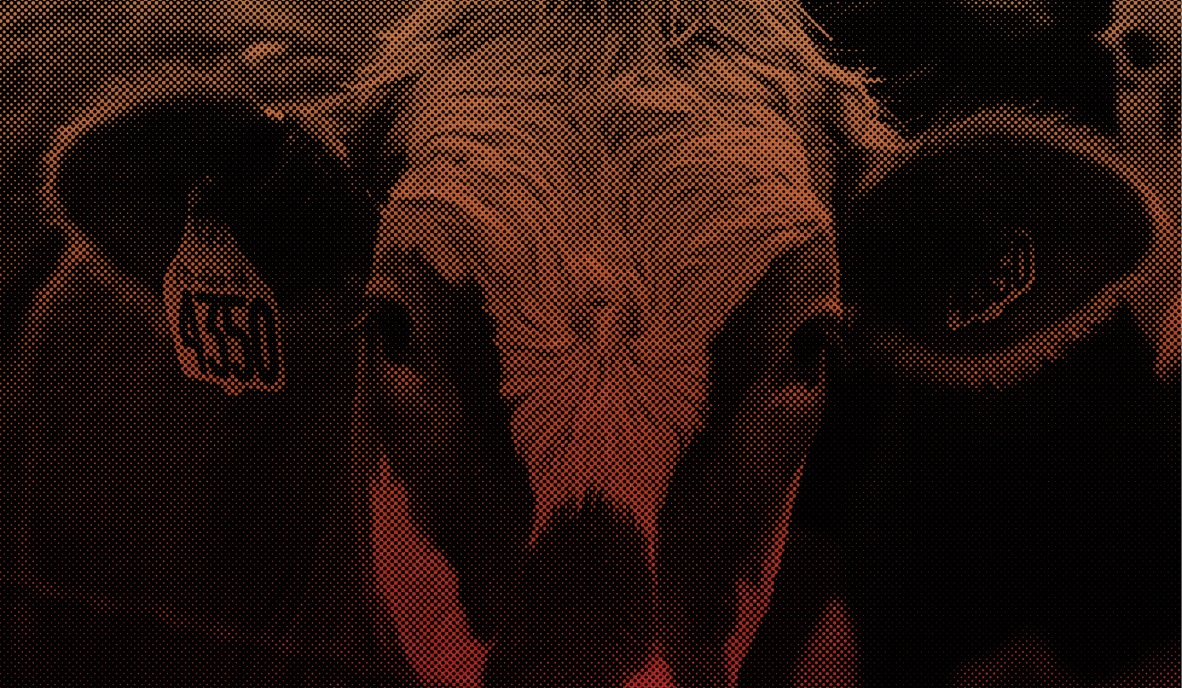Op-Ed: The Protein Propaganda Machine

Join the community





Op-ed
If you’ve walked into a Whole Foods lately, you’ve probably witnessed the grasp that protein has on the packaged food industry.
Khloe Kardashian sells protein popcorn, there’s Magic Spoon protein cereal, and I even spotted “protein water” on a shelf recently.
Not so coincidentally, this is happening in the food landscape at the same time as the “MAHA Movement:” the conservative “health” trend that promotes raw milk and carnivore diets like there is literally no tomorrow.
This rise in protein marketing has been bubbling for years. I’ve been answering the question, “But if you don’t eat meat, how do you stay healthy?” since I was a child. I don’t think it’s much of a reach to call it a conservative, animal agriculture-backed propaganda campaign in service of America’s favorite macronutrient. We’ve seen this before — the government funded, wildly popular “Got Milk?” campaign in the 90s and early 2000s. In the 2020s, we have the “Protein Pact,” a coalition of mostly US-based animal agriculture companies fighting for cultural protein dominance.
The Protein Pact has found its way into the UN’s COP27, funded academic research to bolster its financial alignments, and even hosted a panel during DC Climate Week 2025.
Plus, Protein Pact is just one group of animal agriculture industry leaders pushing for protein dominance and greenwashing. The global animal agriculture industry is giant, with an estimated market value between 1.61 and 3.3 trillion USD. You can do a lot with that much money.
It’s not just major corporations pushing the protein narrative, either. Fitness influencers, right-wing podcasters, and tradwife TikTokers all play a role in the propaganda machine.
Whether they’re pushing beef tallow, a carnivore diet, or just heaps of protein powders and supplemented foods, it’s usually accompanied by the narrative that you’re not getting enough protein.
Plus, as aligned with our cultural shift to the right, real masculine men are big and strong, and the only way to get big and strong is to protein-max with each meal.
The real question is, do we even need that much protein? And the science-backed answer is overwhelmingly: no.
Even though you may feel like you need to add a scoop of protein powder to everything, you’re probably already getting enough protein without it.
According to the CDC, “The recommended daily amount of protein is 46 grams for women and 56 grams for men. The NHANES results showed that men were taking in 101.9 grams and women were taking in 70.1 grams.”
While plant-based eaters may tend toward a lower protein intake than omnivores, researchers show that vegans are still usually eating within protein recommendations, which may actually be healthier, since over-eating protein can lead to adverse health effects.
So, you probably don’t need to bulk up on Kardashian protein popcorn or spend $30 on a case of “protein waters.” And you definitely don’t need to consume animals to meet your dietary needs.
While we associate protein consumption with meat, dairy, eggs, and powders/supplements (which are almost always derived from animal products), the animals themselves are getting protein through plants. The protein you might get from a serving of beef comes from their diet, which is often soy.
Unfortunately, all of the soy we grow for beef production, along with the other crops grown to feed billions of livestock animals killed each year, is greatly detrimental to our planet.
You may have heard before that soy production is deforesting the Amazon and associated it with tofu and pesky vegans. “In fact, almost 80% of the world’s soybean crop is fed to livestock, especially for beef, chicken, egg and dairy production.”
As a whole, animal agriculture is the number one cause of deforestation, beating out palm oil, forestry, and all other crops.
On top of that frightening statistic, animal agriculture is responsible for 10-20% of the world’s greenhouse gas emissions.
If you’ve fallen for the protein propaganda machine, don’t feel bad. You’ve been inundated with protein-dominant messaging for probably your whole life. But I hope that now you can relax a little more with the knowledge that you’re probably getting enough protein already.
Plus, if you really are deficient, you likely don’t need to get more through textured protein powders or bulking up on red meat. You can just eat more plants; legumes, beans, soy, nuts, and seeds will do just fine.









.jpg)
.png)


